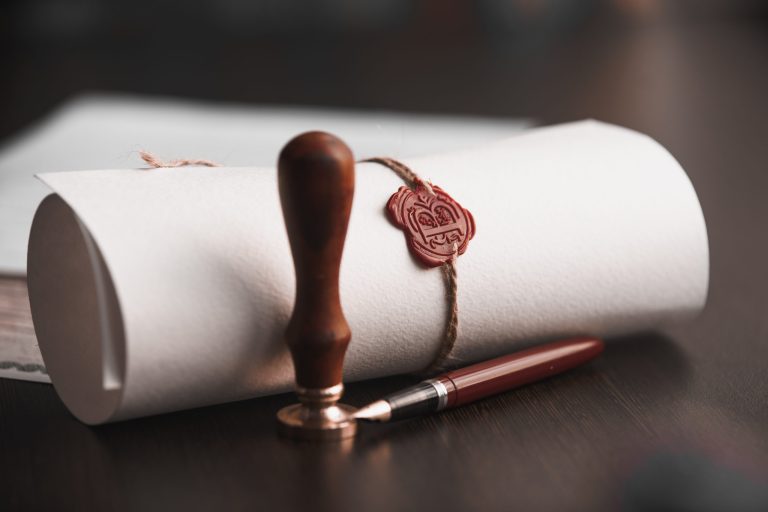Home » Legal Insights » The importance of having a valid will
A Will is a legal document that sets out who will receive your possessions and property when you die.
Having a valid Will is your opportunity to choose who your executor will be to administer your estate and how you would like your estate to be distributed. Through the process of estate planning that may not only include your Will, but other documents such as an Enduring Power of Attorney, Binding Death Benefit Nomination, Trusts, Companies, Life Insurance, Shareholder Agreements, Buy/Sell Agreements etc.
For a Will to be valid it must be:
- In writing (typed/printed or handwritten);
- Signed by you;
- Be witnessed by two adult witnesses.
Applications to the court may be made for directions regarding Wills recorded on a mobile phone, written on a wall, serviette or in a diary, or stored on a computer/laptop. Whilst you may apply for the court’s directions, this process is a lengthy and costly process not only financially but also emotionally on your loved ones.
What if I don’t have a valid Will?
If you pass away and do not have a valid Will you have died ‘intestate’. The government has a back-up Will set out in legislation, known as the ‘intestacy rules’. The intestacy rules set out the priority order for who may be the administrator of your estate and the formula for the distribution of your estate. Beware that these rules may not distribute your estate in the way you had intended.
Generally, if you die leaving:
- A spouse and no children, your spouse will receive everything;
- A spouse and one child, your spouse will receive the first $150,000, the household chattels and one half of the balance of your estate, and your child will receive the other half of the balance of your estate;
- A spouse and more than one child, your spouse will receive the first $150,000, the household chattels and one third of the balance of your estate and your children will share in the two thirds of the balance of your estate;
- Children, but no spouse, your children will take an equal share of your estate;
- No spouse or children, your parents equally in your estate;
- No spouse, children or parents, then your siblings (and the children of any deceased siblings) will share equally in your estate;
- etc.
Please note that a spouse includes a defacto spouse where you have been in a genuine domestic relationship for two years.
We often see where a surviving spouse is left with young children, a house and mortgage and no ability to service that loan and the estate’s debts.
We recommend you consult a competent lawyer experienced in estate planning to ensure all your “i’s” are dotted and “t’s” are crossed to save your loved ones the extra emotional stress at an already difficult time.
